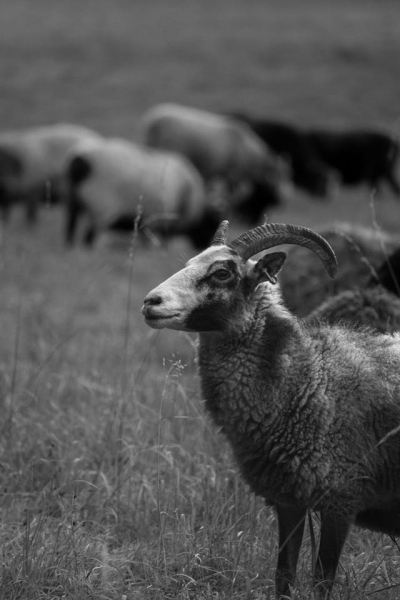Voices of Dissent: Examining the Political Commentary in George Orwell's 'Animal Farm' [Book Review]

In the world of literature, George Orwell shines as a true genius, gracefully weaving through the intricacies of political landscapes. 'Animal Farm,' a masterpiece in his collection, goes beyond the usual limits, transforming into a powerful political allegory. As we dive into this literary review, let's uncover the deep significance of dissent and political commentary woven into the rich fabric of literature.
- Explore Orwell's prowess as a wordsmith and his adept handling of political nuances.
- Recognize 'Animal Farm' as a magnum opus that defies conventional literary boundaries.
- Appreciate the enduring impact of this political allegory, resonating across the ages.
Setting the Stage: Understanding George Orwell's Context
To grasp the essence of dissent in 'Animal Farm,' a foray into Orwell's labyrinthine life becomes indispensable. Born Eric Arthur Blair, Orwell was a witness to the seismic shifts of totalitarian regimes, the tumultuous Spanish Civil War, and the ominous shadows of World War II. These visceral experiences etched themselves onto his worldview, finding eloquent expression in 'Animal Farm.'
The Russian Revolution forms a spectral backdrop, with Orwell deftly weaving parallels into the fabric of his narrative. The metamorphosis of the farm mirrors the convulsions of revolution, and the characters, especially the pigs, metamorphose into allegorical representations of political figures. Orwell, with finesse, infuses his personal odyssey into the narrative, adding layers of authenticity and complexity.
Unmasking the Allegory: Themes of Dissent in 'Animal Farm'
As we navigate the literary landscape of 'Animal Farm,' dissent unfurls as a central motif, embodied in characters who function as allegorical conduits for political ideologies. The scheming Napoleon mirrors the ascent of authoritative figures in times of political tumult, while dissenting voices, epitomized by the idealistic Snowball, illuminate the perpetual struggle against oppressive systems.
Yet, the allegory transcends characters; it permeates the very soil of the farm, mirroring a society steeped in political fervor. The evolving commandments, like cryptic hieroglyphs, epitomize shifting ideologies and the manipulation of power dynamics.
The Power of Satire: Orwell's Political Commentary Techniques
Orwell's masterful use of satire stands as the bedrock of his critique of political machinations. Through wit and humor, he peels back the layers, exposing the absurdities inherent in governance and laying bare the flaws in power structures. 'Animal Farm' metamorphoses into a canvas where Orwell paints a sharp commentary on the corruption of ideals and the manipulation of language for political expediency.
Specific satirical elements, such as the subversive rewriting of commandments and the orchestration of propaganda, emerge as potent tools in Orwell's arsenal. Beyond mere entertainment, these narrative techniques beckon readers into a realm of introspection, where the parallels between fiction and reality become inescapably evident.
Legacy and Impact: 'Animal Farm' in Today's Political Discourse
Decades hence, 'Animal Farm' remains an evergreen beacon in contemporary discussions on politics and dissent. The resonances of Orwell's warnings reverberate in the echoes of political tumult and the emergence of authoritarian streaks across the global stage. The novel transcends its temporal confines, metamorphosing into a timeless cautionary tale that urges readers—especially students—to draw parallels between the Orwellian fiction and the complexities of navigating real-world political ideologies.
In the labyrinth of present political discourse, dissent and commentary form a perpetual undercurrent. Orwell's work, acting as a sagacious guide, encourages students to traverse the realms of 'Animal Farm', decipher its layers, and actively engage in the art of critical thinking. The enduring significance of Orwell's work lies not merely in its historical context but in its ability to kindle cognitive sparks, igniting discourse that navigates the intricate web of political commentary in literature.
Additional Resources:
- "George Orwell: A Life" by Bernard Crick
- "Politics and the English Language" by George Orwell
- “A Collection of Essays Paperback” by George Orwell
There are no published comments.
New comment